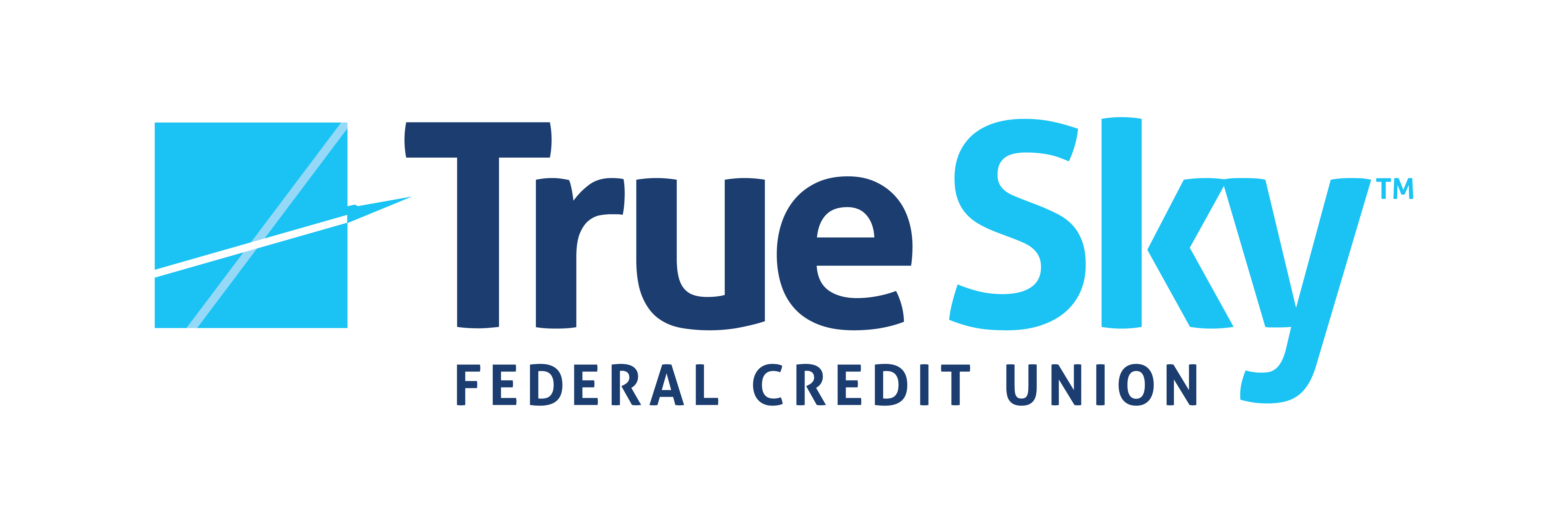Planning for Retirement: Back to the Basics
Planning for Retirement: Back to the Basics
By Copper Financial
Retirement is one of life’s most significant milestones. A time to shift gears, pursue passions, and enjoy the fruits of years of hard work. Yet, for many, the path to retirement feels overwhelming. How much should you save? When should you start? Will you have enough?
Whether you’re just starting your career or nearing the finish line, retirement planning doesn’t have to be intimidating. By focusing on the basics, you can create a roadmap that aligns with your goals and brings peace of mind. Let’s break down the essentials of retirement planning to help you prepare for the future you’ve always dreamed of.
What is Retirement Planning?
Retirement planning is the process of setting long-term financial goals, evaluating your risk tolerance, and taking steps to meet those goals. It begins by identifying income sources, estimating expenses, implementing a savings strategy, and managing your assets. The earlier you start, the more time your investments have to grow – but it’s never too late to improve your retirement outlook.
Importantly, a retirement plan isn’t static. Life changes – marriage, children, career shifts – can alter your priorities. Regularly revisiting and adjusting your plan ensures it evolves with your needs.
How to Make a Retirement Plan
- Create a Vision for Retirement
Before focusing on finances, take time to imagine what retirement looks like for you. How do you want to spend your time? Where do you plan to live? Will you continue working part-time, pursue hobbies, travel, or volunteer?
A clear vision for your retirement lifestyle will help you set realistic financial goals. This step is crucial for ensuring that your savings align with your desired future.
- Build a Financial Roadmap
- Your approach to retirement planning should evolve as your career progresses. Each stage of your professional life presents unique opportunities and challenges. Here’s how to align your retirement strategy with where you are in your career:Early Career: Start small but start early. Even modest contributions to a 401(k) or an IRA can benefit from decades of compounding interest. Prioritize building an emergency fund while steadily increasing your retirement contributions.
- Mid-Career: As your income grows, aim to save 15–20% of your salary for retirement. Maximize contributions to employer-sponsored retirement plans and consider diversifying tax treatment with IRAs or brokerage accounts. This is also a good time to focus on paying down high-interest debt.
- Late Career: Transition your focus from saving to income planning. Calculate how much you’ll need to withdraw annually, assess the longevity of your savings, and ensure you have strategies to address healthcare and long-term care expenses.
- Estimate Retirement Costs
Retirement expenses vary widely, but understanding the categories can help you plan:
- Essentials: Housing, utilities, healthcare, food, and transportation.
- Lifestyle: Travel, hobbies, entertainment, dining out, and gifts.
- Emergencies: Unexpected medical costs, home repairs, or financial support for family members.
To calculate an appropriate target amount, create a retirement budget that reflects your expected needs. While some aim for $1 million in savings or follow the “80% rule” (replacing 80% of pre-retirement income)1, it’s essential to personalize these estimates based on your lifestyle and goals.
- Maximize Retirement Benefits
Take advantage of all the retirement benefits available to you. If your employer offers a 401(k) match, contribute at least enough to get the full match—it’s essentially free money. For those nearing retirement, consider catch-up contributions to retirement accounts if eligible.
Key Considerations for a Successful Plan
Adjust for Inflation
Inflation can erode the value of your savings over time. Incorporate strategies like investing in stocks or other growth assets during your working years to combat inflation.
Understand Social Security
While Social Security may not cover all your expenses, it’s an important piece of the puzzle. Decide when to claim benefits based on your overall financial picture—claiming earlier means lower monthly payments, while delaying increases your benefit.
Diversify Your Investments
A well-diversified portfolio balances growth and risk. As you near retirement, consider reallocating a larger portion of your portfolio into more conservative investment such as bonds to protect your savings from market downturns.
Plan for Healthcare Costs
Healthcare is often one of the largest expenses in retirement. Consider contributing to a Health Savings Account (HSA) if eligible.
Retirement planning is a journey unique to everyone. By starting early, staying consistent, and revisiting your plan as life evolves, you can work toward the financial freedom and lifestyle you’ve always envisioned. Whether retirement is decades away or just around the corner, it’s never too late to go back to the basics and take the next step towards your dream. While retirement planning may seem daunting, a Wealth Advisor is here to help you every step of the way.
1 https://www.aarp.org/retirement/planning-for-retirement/info-2020/how-much-money-do-you-need-to-retire.html
Disclosures
Securities and advisory services offered through Copper Financial Network, LLC (“Copper Financial”), a broker-dealer and SEC registered investment adviser. Member FINRA/SIPC. Your Credit Union has contracted with Copper Financial to make non-deposit investment products and services available to its members. Representatives are registered with Copper Financial. Your Credit Union and its investment group (if applicable) are not broker-dealers or investment advisers and are not affiliated with Copper Financial. For important disclosures from Copper Financial please visit here.
Copper Financial registered representatives associated with this website may discuss and/or transact business only with residents of the states in which they are properly registered or licensed.
Link to the Copper Financial Customer Relationship Summary
Investment and insurance products offered through Copper Financial:
| Are Not Credit Union Deposits or Obligations | Are Not NCUA or otherwise Federally Insured | Are Not Credit Union Guaranteed | May Lose Value |
Your Credit Union has contracted with Copper Financial to provide investment products and services to its members. Your Credit Union is not a client of Copper Financial. Your Credit Union will receive compensation from Copper Financial if you open an account with Copper Financial. This compensation creates an incentive for your Credit Union to refer clients to Copper Financial. For additional information please see the Program Credit Union Referral Fee Disclosure available here.



